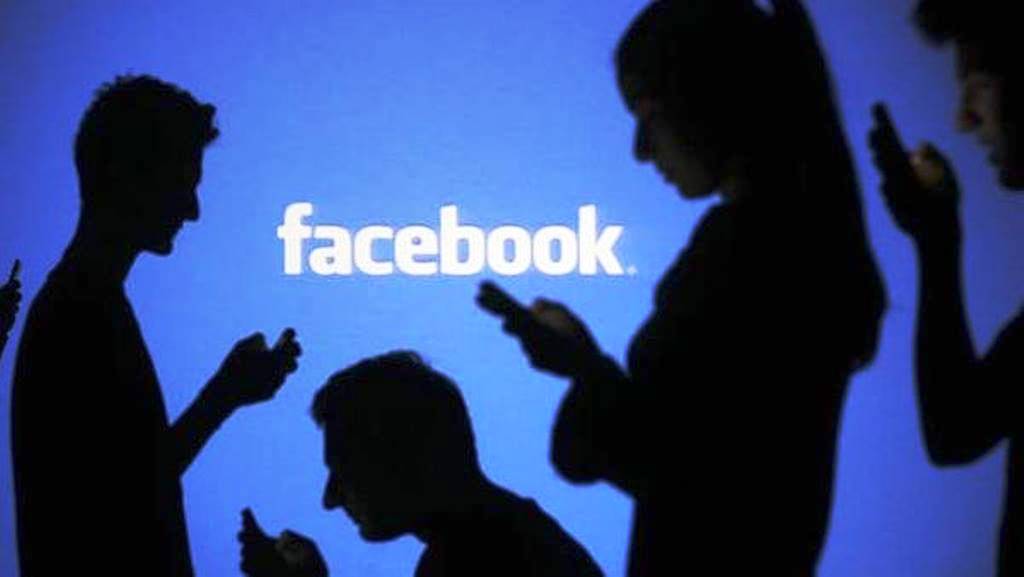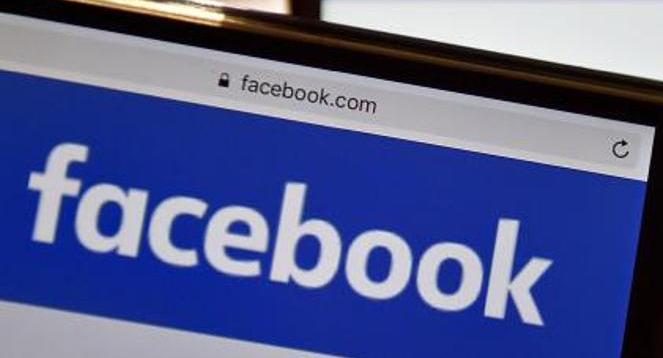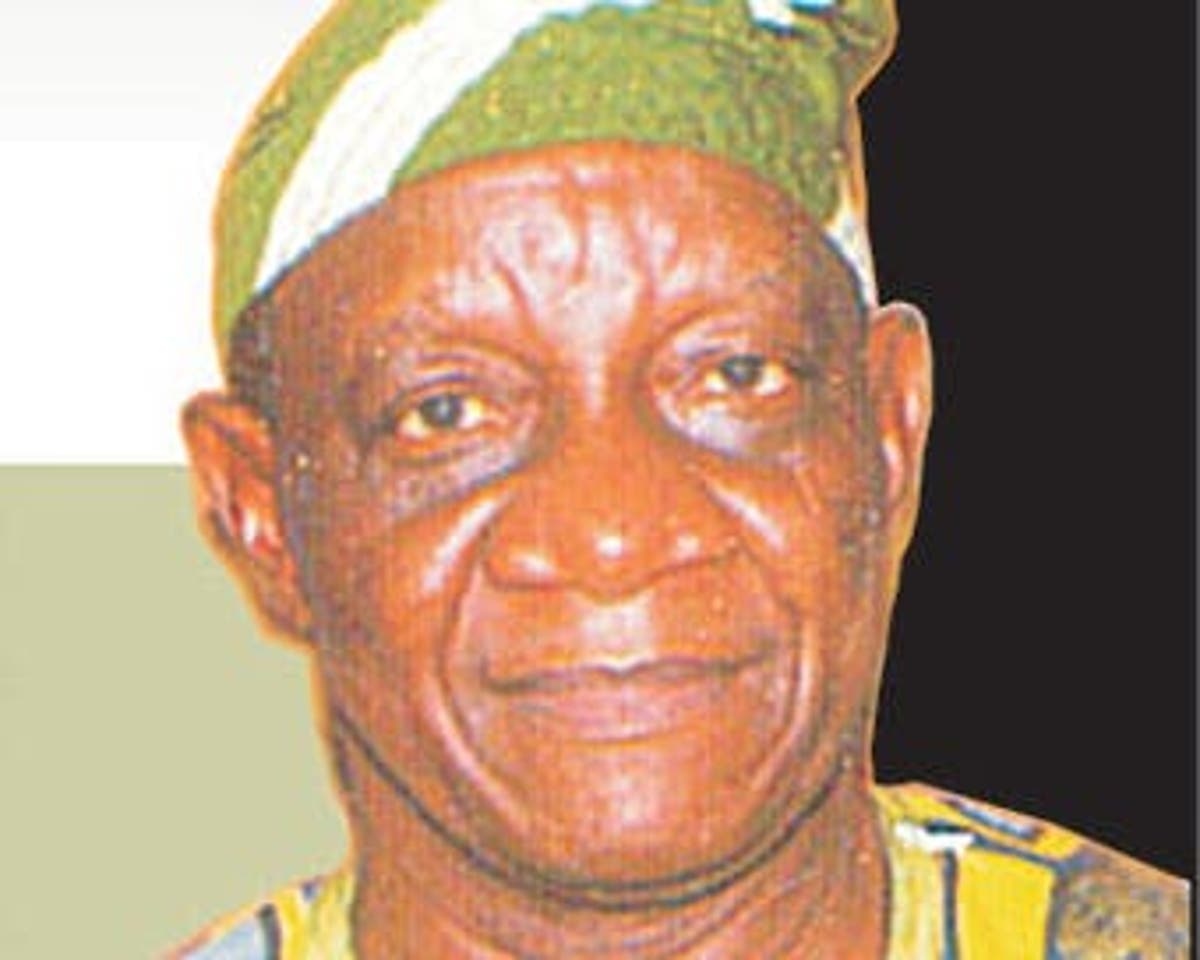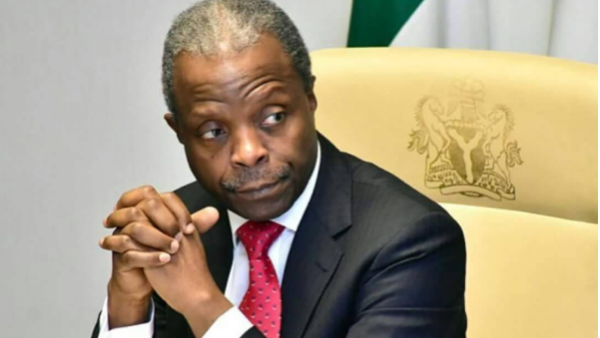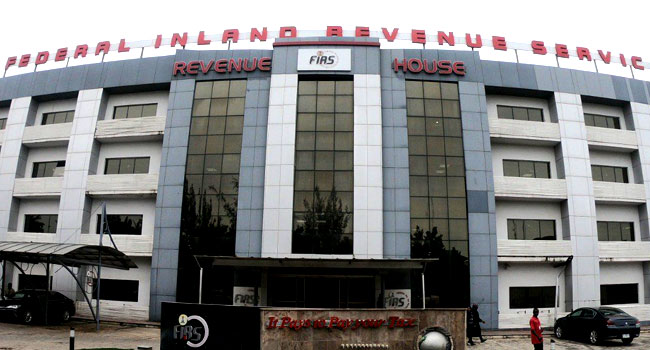By Dele Sobowale
Before the reader gets upset, let her/him remember that I also will be paying the FIRS media tax which this article supports. So, I am not promoting a measure from which I will be exempted. To be quite candid, the media tax is long overdue. The surprising thing to me is that it has taken the tax authorities so long to recognise that media usage constitutes consumption; not in any way different from going to a concert or the cinema. Nobody seriously argues or objects when such activities are taxed. Why, then, the opposition to this particular tax? Before attempting to answer that question, let me make my principle on this matter very clear. It was derived from ancient history.
“We must therefore not shrink from accusing our friends or praising our enemies; nor need we be afraid of praising or blaming the same people at different times. Since it is impossible that men who are engaged in public affairs shall always be in the right; and unlikely that they should always be in the wrong. We must therefore detach ourselves from the actors in our own story; and apply to them only such statements and judgments as their conduct deserves.” Polybius, Greek Philosopher, c200-118 BC.
Neither Buhari nor the Head of the Federal Internal Revenue Service, FIRS is my friend or my enemy. The FIRS chief is unknown to me beyond the pages of newspapers and occasional appearances on television. I have no pathological hatred for anybody in government; on account of which every measure proposed by them must be opposed – despite the inequities inherent in the allocation of the tax revenue now federally collected.
Recently, Governor Wike pointed out that Rivers State generates N15 billion a month and receives N4.7 billion in return. That was the basis for the court action he undertook recently. Lagos State which generates 48 per cent of the N120 billion is fast tracking its own law that will empower the state to collect its own VAT. Despite being a Lagosian, I have my doubts that the consequences will be as envisaged by the states now leading the agitation for states’ financial Resource Control. The battle has just started.
The Federal and State Governments share the same fate in one regard. Aggregate revenue is dwindling nationally; while, at the same time costs of running governments are rising steeply. Two elements, in particular, are drilling holes in the pockets of governments more than anybody imagined two years ago – insecurity and COVID. They are unlikely to go away any time soon. Meanwhile, citizens are demanding for better education, improved health care, and above all, an end to unprecedented insecurity. The question which only those in government are called upon to answer is: where will the funds come from?
Several suggestions have been floated. But, all of them have faced strong opposition from segments of society – as well as media. Two examples will illustrate the point.
Right-sizing the public service will reduce the payroll bill. But, organised Labour and media will object to increasing the number of unemployed people. So, that is out. Re-introducing toll gates on Federal roads will not only raise several billion naira, concessioning will place the burden of road repairs on the contractors. Funds now deployed to those areas will be available for other purposes. Another objection arose. Toll gates will cause inflation by increasing the cost of goods transported. So, that is out too.
“You cannot make omelettes without breaking eggs.”
Every time governments propose introduction or increase, of taxes, tolls, tariffs, or rates, most Nigerians assume, what to me, is a puerile attitude. Egged on by superficial analysts, they are always against. Broad statements such as “let then find other sources to increase internally-generated revenue” or “reduce security votes” or “stop corruption” are offered as “solutions” to gullible Nigerians – who applaud them. In reality, it is all nonsensical. In reality, fiscal problems can only be properly solved by, first quantifying them (how much is needed monthly, annually? Etc); secondly, identification of revenue sources (where will the money come from?) and finally introduction of measures to mobilise the funds follows.
Taxes, especially consumption taxes, are the major sources of revenue in every advanced country. The curse of oil, which started in the 1970s, was responsible for our collective loss of senses. And, while the signs are clear to a few Nigerians, the vast majority of us, including leaders of Labour and most commentators, are still wedded to a the past when revenue from crude oil sales paid all our bills. Fellow Nigerians are encouraged to continue in the fools’ paradise where toll-free roads are built and maintained with public funds so that riders can enjoy free rides. The questions I want to ask such people are: where else in the world is that happening? Why should Nigeria be an exception? And, if not this tax, which tax do you support to generate revenue for governments? Certainly, nobody who is against all taxes can expect to be taken seriously.
WHY MEDIA TAX?
The short answer is: because it is easy to collect and there is a large pool of it. Three of the top seven most valued companies on Nigerian Stock Exchange, NSE, are networks. Collectively, they generate more revenue than more than ninety per cent of the rest put together. That is a lot of consumption. If we already tax other activities in the services and entertainment sectors, it was a gross error on the part of the tax authorities not to have included this sector in the tax revenue basket. It will amount to criminal negligence for the National Assembly not to pass the necessary bill to correct this monumental mistake.
“Nigeria’s oil production falls to 1.24mbpd.” That was a recent news report – which should alarm all of us. Our quota imposed by the Organisation of Petroleum Exporting Countries, OPEC, stands at 1.8mbpd. We are under-producing by 31 per cent. Even with the price fluctuating above our benchmark, we are not benefiting. Instead there is a wide negative variance between budgeted and actual revenue. The reasons for the production decline are also well-known. First, the number of rigs is down. And, none of those now idle are getting ready to return to production any time soon. So, this is not a temporary setback. It appears almost permanent. Nigerians can expect no increase in crude revenue for a long time to come.
Still, governments all over Nigeria need more revenue; and crude oil can no longer save us by providing the dollars we need. And, there is no other large pool of taxable expenditure to bail us out of the national fiscal prison than this one. We might as well brace up to the inevitable.
Meanwhile, the controversy over the collection of VAT is only about re-distribution, not increase, of the VAT revenue between FG and states; as well as the Federal Capital Territory – 38 governments in total. A few states will benefit; most will lose a great deal. Incidentally, the FG will still receive 50 per cent, which will again be allocated according to existing formula. Without closing the gates to people from the impoverished states, the winners can expect invasions from the losers. Businesses and organizational VAT taxpayers, hitherto preparing one cheque and audited by one government, will be called upon to prepare up to 38 cheques and expect audit visits from up to 38 governments. The cost of doing business will go up. Some might choose to pack up and go.
The VAT battle has just started. I stand solidly behind FIRS.
